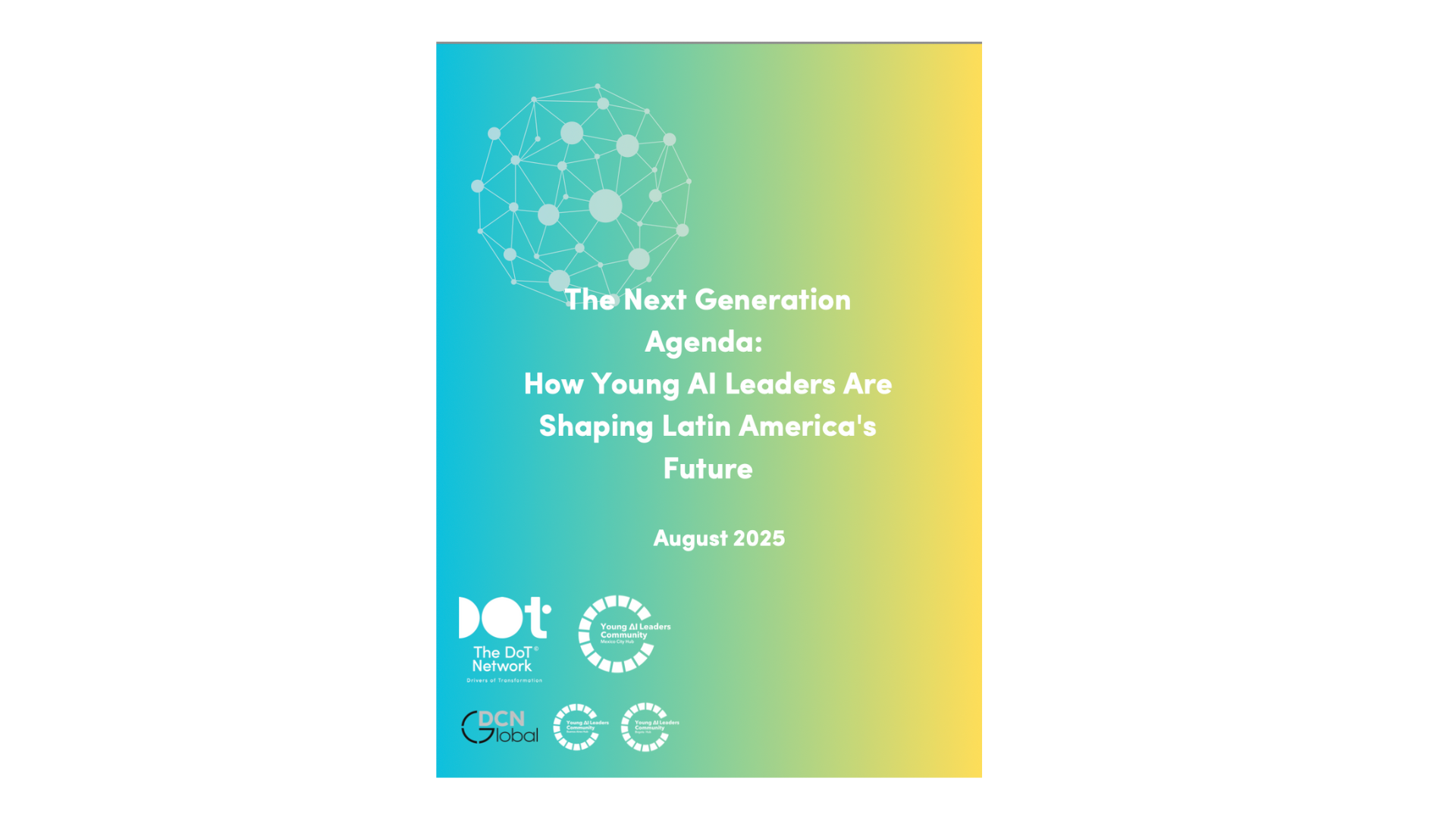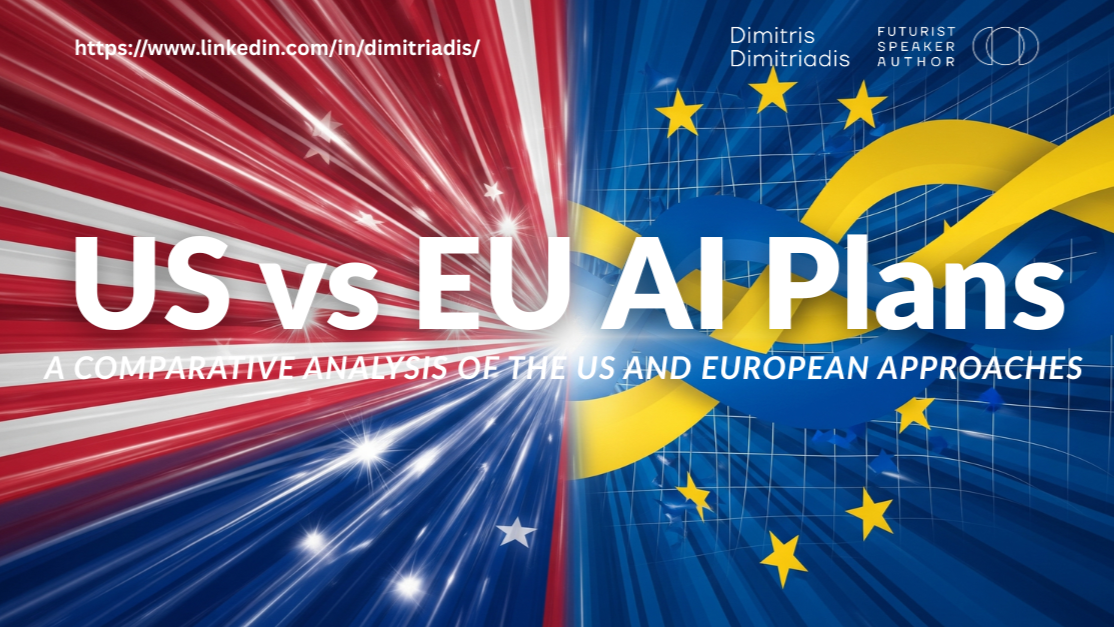The Western Balkans are suffering from the immigration of young and educated people. According to National Statistics, there are more than 92,000 people aged 15 – 34 who immigrated, affecting the most vital part of the demographics.
Another troubling statistic is the fact that there are young people aged 15-17, who leave high school and search for asylum in Europe, under the pretext of suffering from domestic abuse from their parents. After that, they enter the European Union asylum system and receive protection. After a few years, they obtain papers and a new nationality.
Although this dramatic immigration from Albania suggests that a war is happening in this small part of the Western Balkans, the truth is that young people just want more opportunities.
Albania has the highest number of young people studying in Europe and the USA, through various scholarship opportunities. We are also proud of Mira Murati, the CTO of OpenAI, who completed her elementary school in Albania and then graduated in Vancouver, Canada. But even though Albanian students excel in foreign countries, they can’t seem to find many opportunities in the Albanian economy, as they struggle with the question of whether they are willing to return after finishing their studies or not.
Albania’s economic structure is still very fragile and mainly focused on services, not production, which for many young and educated people is a disadvantage. This is also linked to the past when our country underwent fifty years under a communist regime, and since the 1990s, started implementing liberal market ideas. As a small economy with an old infrastructure, we soon found out that opening to the world created a huge trade deficit, one of the many problems of globalization for third-world countries. But now, our country sees itself in a better place with the GDP almost doubled in the span of 15 years and with an eagerness to be competitive in the region and make fast-forwarding steps to integrate into the European Union.
But for this to happen, human capital is needed, especially young, bright-minded, educated talents who have gained knowledge from the most prestigious universities around the world.
In this topic, the question is: What do these young, educated individuals need to return and invest in their country?
We had the opportunity to speak to a few of them. Ergisa Bejkollari is a student in the USA continuing her postgraduate studies for Economics. After finishing a master's course at Vanderbilt University, she has now started a Ph.D. course in New York. For Ergisa, there is truly one thing that the Albanian country needs to bring back its educated youth:
"The environment in Albania challenges young people in terms of character and humanity, but not necessarily in the academic aspect. I don't like to generalize because experiences are unique, but I believe that the outdated materials and methods used for explanation, especially in universities, create a lag among Albanian students. On the other hand, this fosters the development of the character aspect since those who seek to know more, learn quickly, and dare easily are easily identified.
However, I wouldn't want the daring and curious ones to be the exception. I would want them to be the rule. I certainly feel an internal revolt when I see, for example, how India or South Korea invest in thousands of students every year to study in the United States and then return to significant positions in administration. Or how Pakistan, Egypt, and other countries place great importance on mathematics, statistics, and other subjects, knowing the significance they have for future professions, such as technology, for example, or for advanced academic studies like doctoral programs."
Aron Ligori is currently studying in Germany for Chemistry. After finishing his bachelor’s and master’s degrees, he is now continuing his Ph.D. He says that returning to Albania is challenging because he doesn’t see options to apply his knowledge. The Albanian economy used to be a major producer in plastic and soap, but that collapsed after the fall of the communist regime. Aron shared his thoughts on the potential of returning and the conditions needed:
“To return, I need the government to guarantee that I would have the opportunity to work in chemistry under conditions comparable to Europe, not at the same level, but an acceptable standard. I would also like meritocracy, and I don't want it to happen randomly that job positions are assigned through personal connections.
As a passionate young person in the research field, I seek to fulfill my ambitions in this direction. The first step for my return would be the establishment of better infrastructure, investments in chemistry laboratories. There should be investments in universities and scientific academic curricula to prioritize scientific research. I want to hear a specific government program that provides a foundation for the development of my field and good coordination with the university or chemical industry in the country. The University of Natural Sciences in Albania is ranked last in Europe and the world, and the Chemistry department is on the verge of closure due to insufficient student numbers. This is unacceptable to me because I also need colleagues
to create fruitful products and new innovations. Albania has no potential in the field of Chemistry because it has not invested at all in its supporting infrastructure in the past 30 years, which is the foundation.
Another factor, even if the conditions were to be created, would be the salary. As a Ph.D. graduate in Germany, I will have guaranteed a job with an annual income of 75,000 euros. In these conditions, in Albania, I would at least desire my salary to be 4,000 euros per month to consider returning.”
Another graduate is Dosti Banushi. He has recently returned to Albania and offers a fresh perspective on integrating into his country after finishing his studies in an Erasmus Mundus Journalism program, studying in Denmark and the Netherlands.
"On a personal level, given that I had the opportunity to receive education in countries with strong contrasts to Albania, such as Denmark, the challenges of the return are primarily related to reverse cultural shock. My master’s degree focused primarily on research in development policies and effective communication. I have come to realize that in Albania the terrain is different though. Adapting European theories of development here presents a challenge of character, as one must uphold European values in the face of cynicism, where things often do not happen or seem unattainable. However, despite all the challenges, integration into the Albanian work environment comes willingly. The challenges are justified by the mission, a genuine desire to contribute to the development of your country, and to reflect European practices here. Such mission is always facilitated by colleagues who share the same mission.”
Recognizing the challenge of brain drain, the World Bank's strategic paper on the development of Albania has advocated the government to take strategic measures in addressing this issue. The aim is to create an environment that retains and attracts skilled individuals, fostering a sustainable and dynamic workforce within the country.
In line with the commitment to social and economic inclusion, the World Bank underscores the importance of strengthening the redistributive efficiency of the state. This involves designing and implementing policies that ensure a fair distribution of resources and opportunities, reducing disparities and promoting equitable development across various segments of the population.
As seen in this text, the shared commitment among these individuals to contribute to their homeland's development underscores the potential for positive change if the necessary conditions are met.
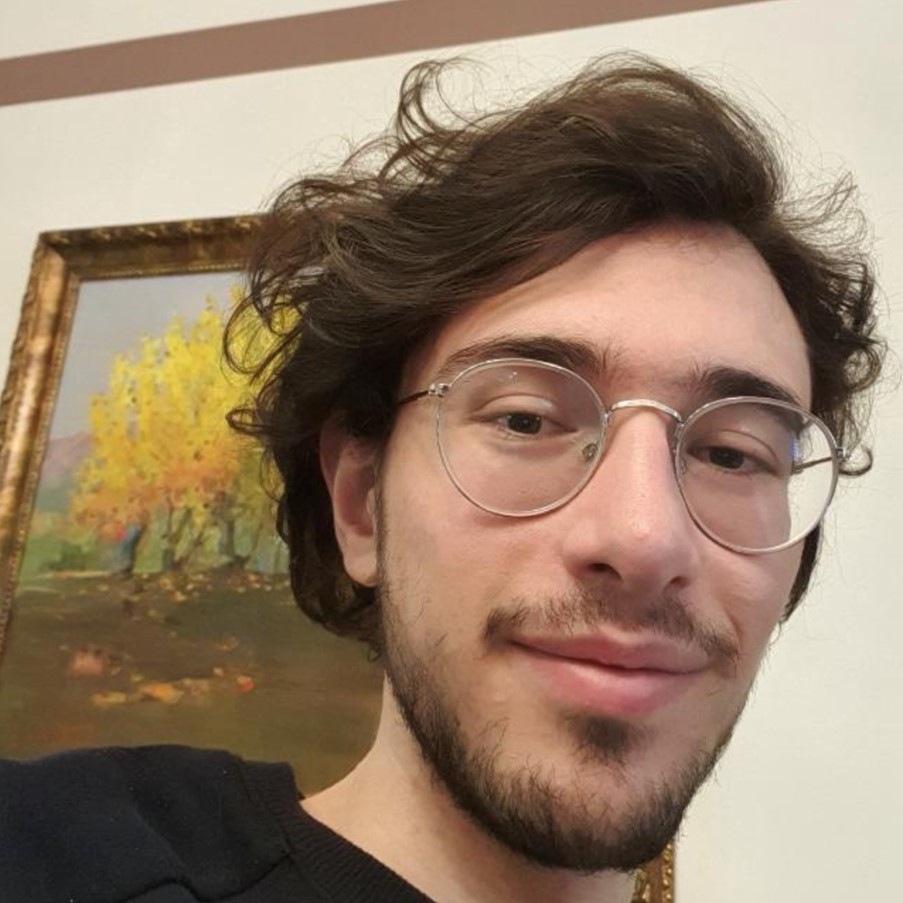
Aron Ligori
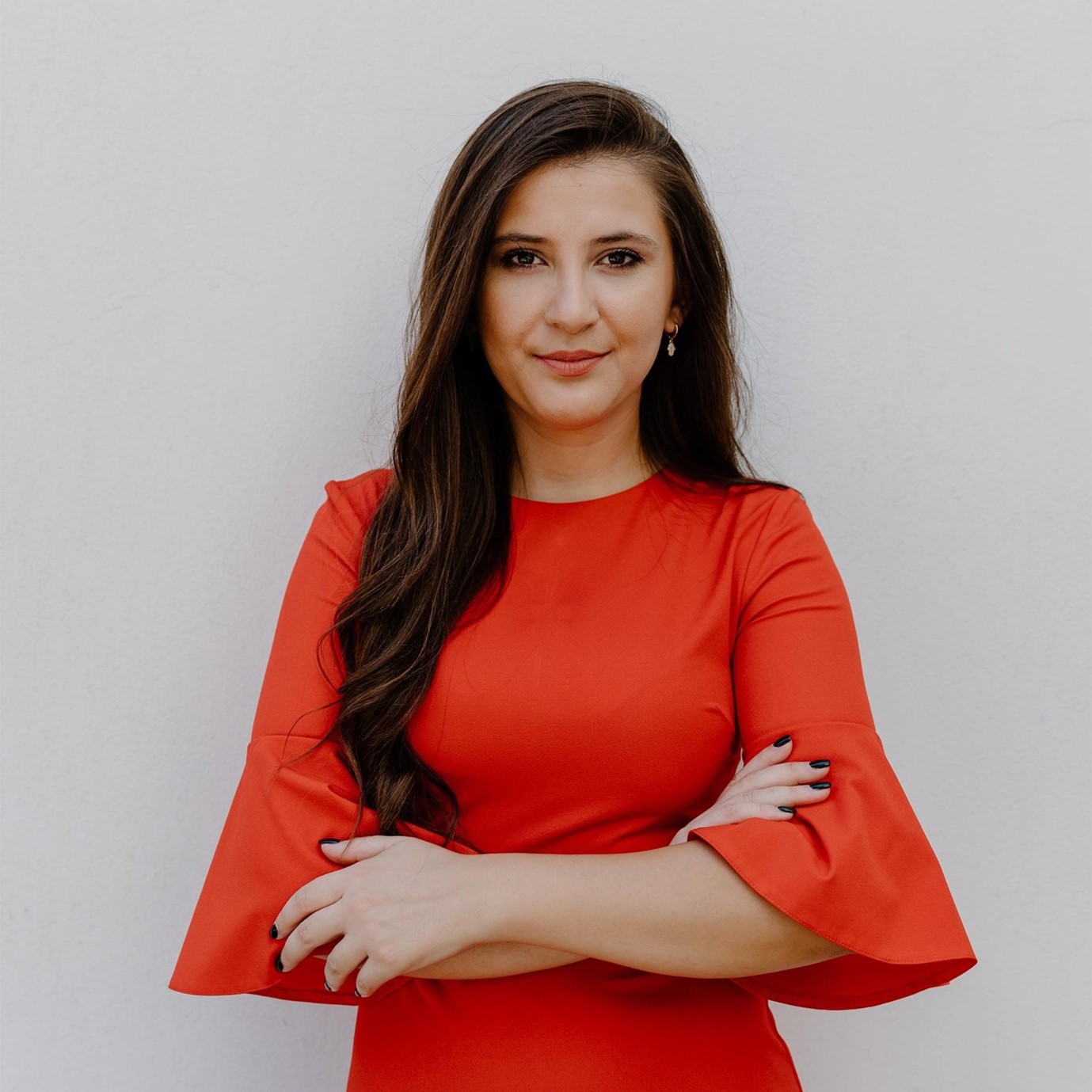
Ergisa bejkollari
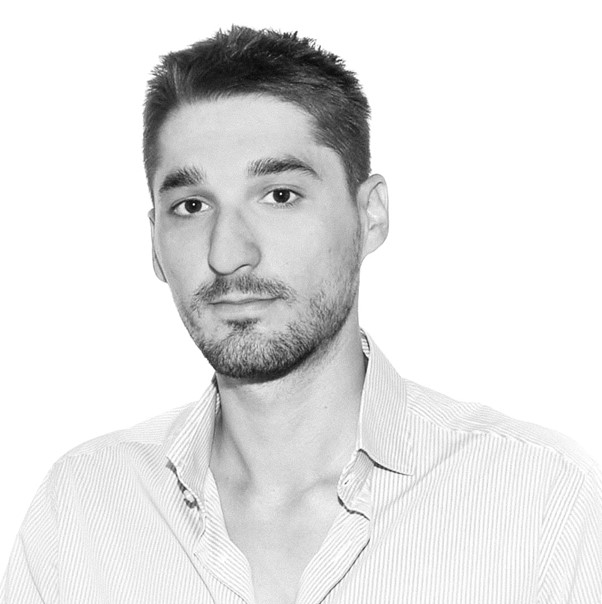
Dosti Banushi
*This article is part of the Youth Media project, implemented by DCN Global with Gen, știri and Forum Apulum. Read more here.

